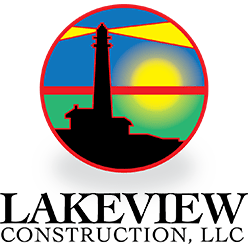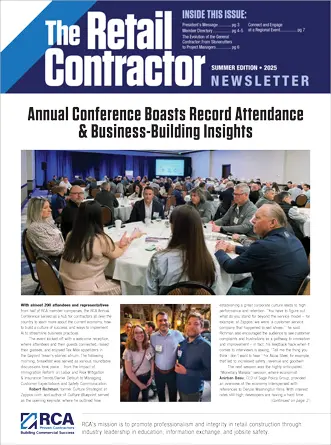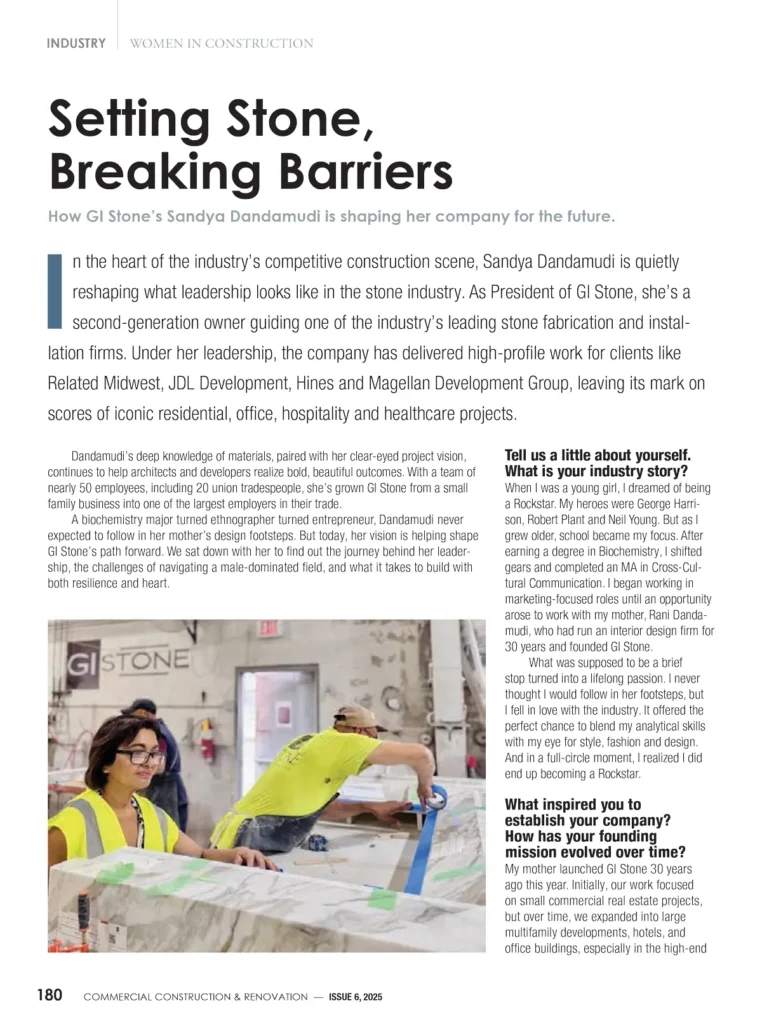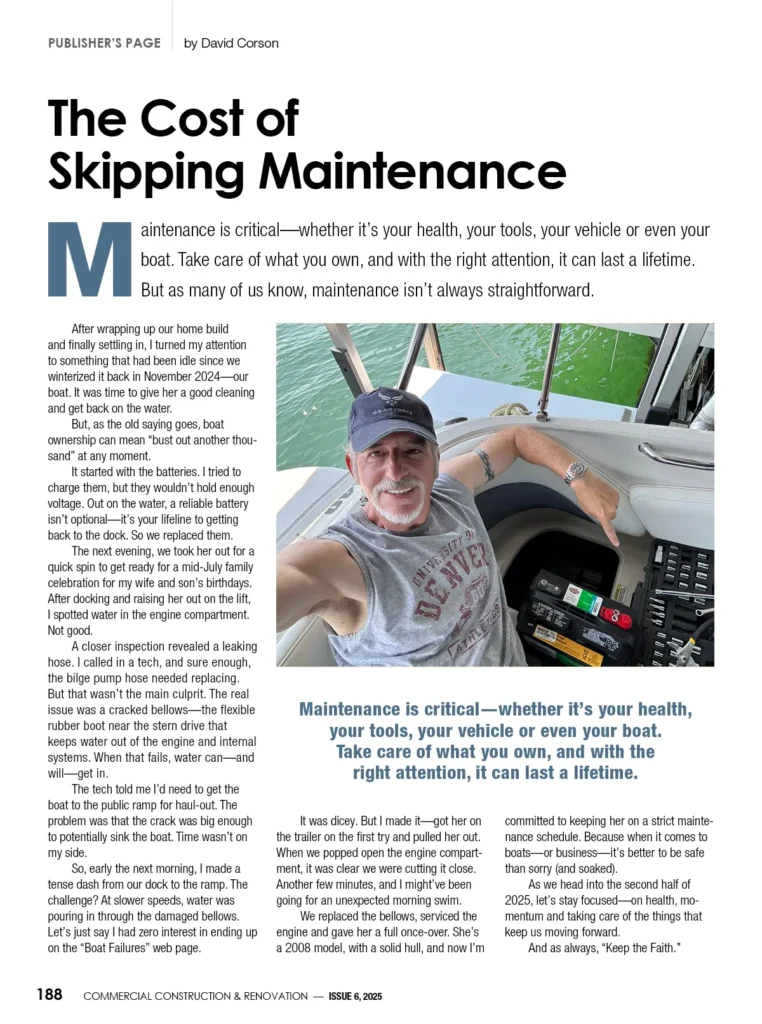More than 50 organizations representing economic development, community, and business groups across New York today launched a statewide coalition to oppose the proposed expansion of construction prevailing wage laws. The bill – A6708 / S6378 – would dramatically raise construction costs, stop critical projects, including those working toward New York’s housing goals, and eliminate thousands of jobs for New Yorkers. The coalition calls on lawmakers to reject this harmful legislation that would stall development and continue to weaken New York’s economy.
At a time when New York is grappling with an escalating affordability crisis, declining development, fewer construction jobs, and a shrinking pipeline of new projects, imposing additional cost burdens on construction will only worsen these conditions. In the midst of a statewide housing shortage, the bill will result in less affordable housing in communities across the state. The legislation also seeks to eliminate the Public Subsidy Board, a misguided proposal that would remove the balance between government, labor, and business that is needed to ensure good wages and economic development go hand-in-hand.
For more information about the coalition, visit: https://www.keepnewyorkbuilding.org.
“This coalition represents an unprecedented alliance of economic development leaders, chambers of commerce, and industry groups from every corner of the state who are united in one clear message: this bill will kill jobs and drive investment out of New York,” said Ryan Silva, Executive Director of the New York State Economic Development Council. “At a time when families and small businesses are already struggling with high costs, we should be finding ways to reduce burdens—not piling on new ones. Expanding prevailing wage mandates will make it more expensive to build, stall critical projects, and send a chilling signal to employers looking to grow in New York. Lawmakers must reject this proposal before it causes irreparable damage to our economy.”
“The Business Council of Westchester (BCW) the county’s largest business membership organization has had a front row seat to see the important transformative housing projects that have led to critical economic development, full-time jobs, partnerships with related businesses and revenue to municipalities throughout Westchester,” said John Ravitz, Executive Vice President & Chief Executive Officer at The Business Council of Westchester. “If we want to continue to keep the shovels in the ground and cranes in the air we must do everything in our power to not put obstacles in the way of future construction projects. Expanding Prevailing Wage will jeopardize future projects and will cause serious affordability issues that we do not need in New York.”
“This coalition is very timely in terms of addressing myths and spotlighting facts around this issue,” said Garry Douglas, President of the North Country Chamber of Commerce. “Our region has real opportunities for economic growth, including the desired attraction of new manufacturing. But the greatest challenge is the creation of industrial space at costs that can provide competitive leases. Then add the growing regional challenges of housing affordability for working families and we’re approaching gridlock. Construction costs are escalating both because of demand and because of tariff and cost escalation on materials. Good projects are being put on hold because of rising costs or the inability to even secure bids.”
“At a time when our region is seeing unprecedented opportunities, from large industry expansions to the revitalization of downtown corridors in Albany, Schenectady and Troy, now is not the time to impose new mandates that would stifle economic growth,” said Mark Eagan, President and CEO, Capital Region Chamber of Commerce. “Expanding prevailing wage laws would make it more challenging, if not impossible, for projects to get off the ground that are essential for good-paying jobs and improving our communities. We should be focused on keeping the Capital Region competitive — not adding barriers that slow us down.”
“This legislation would be devastating for Long Island’s construction industry and the communities we serve,” said Mike Florio, CEO of the Long Island Builders Institute. “Expanding prevailing wage mandates will drive up costs, halt much-needed development, and put thousands of local jobs at risk. At a time when affordability and economic growth are already under serious pressure, this proposal moves us in exactly the wrong direction. We urge lawmakers to reject this harmful bill and instead focus on policies that support sustainable development and job creation.”
“There is a fundamental reality to how investments are made and its resulting impact on the economic future of a region,” said Kyle Strober, Executive Director, Association For A Better Long Island. “It is a simple but inescapable fact that when costs go up dollars flow to other areas that have made a conscious decision to be competitive. This latest legislative attack on housing and job creation will be welcomed by other parts of the country who gain when New York hemorrhages through self-inflicted wounds. It needs to stop.
“We have worked for decades to bring jobs, opportunity and growth back to Central New York,” said Rob Simpson, President of CenterState CEO, in Syracuse. “With Micron set to begin construction on the first of its four chip fabrication plants in our region this fall, we will need to build thousands of new homes and a range of projects, large and small, to meet the coming demand. Expansion of construction prevailing wage and the removal of the Public Subsidy Board will make these projects much more difficult and more costly for everyone. We cannot squander this opportunity to meet the moment and turn this economic growth into greater shared prosperity.”
“We all share a commitment to growing New York’s economy and supporting quality job opportunities in our communities,” said Stacey Duncan, President and CEO, Greater Binghamton Chamber of Commerce. “However, expanding prevailing wage requirements as proposed could significantly raise project costs, potentially delaying or derailing vital development efforts. We encourage lawmakers to collaborate with economic development stakeholders statewide to identify thoughtful solutions that encourage continued investment in our communities.”
“At a time when New York needs to build new homes, new energy generators, new infrastructure, and new factories, state leaders should be looking for ways to make construction less expensive,” said Dottie Gallagher, CEO and President, Buffalo Niagara Partnership. “Expanding prevailing wage mandates will make construction significantly more costly, and make these goals less attainable. Buffalo Niagara especially stands to lose if the critical exemption for Brownfield Cleanup projects is removed. Lawmakers should reject this misguided legislation.”
“This legislation is a direct threat to New York’s fragile economy. New York is already the most expensive state in which to build in the nation,” said Mike Elmendorf, President & CEO, Associated General Contractors of New York State. “We are losing jobs—and New York consistently leads the nation in loss of construction jobs. And, we are losing ground as New York struggles to meet critical infrastructure, housing and clean energy goals. At this critical moment, Albany should be focused on removing barriers to growth—not creating new ones. Expanding prevailing wage mandates on private work and dismantling the Public Subsidy Board will raise costs, halt development, kill jobs—including union jobs—and deepen the affordability crisis. Lawmakers must reject this misguided proposal.”
“The Bronx Chamber of Commerce firmly opposes any expansion of construction prevailing wage laws, not because we are anti-union — far from it — but because we must champion policies that allow smart, affordable development to thrive in the Bronx,” said Lisa Sorin, President, Bronx Chamber of Commerce. “At a time when our borough is finally seeing long-overdue investment and momentum, increasing the cost of building through broad prevailing wage mandates would jeopardize critical projects, limit job creation, and stifle economic opportunity. We support fair labor standards, but we must also ensure that development remains viable so the Bronx can continue to grow, attract investment, and create pathways to prosperity for all its residents.”
“With New York’s upstate economy on the brink of historic investment and much-needed development, we can’t afford to implement policies that hold us back,” said Shawna Papale, President, Mohawk Valley EDGE. “Expanding prevailing wage laws would impose higher costs and threaten the strong momentum we’re seeing across the Mohawk Valley, from the revitalization of Rome and Utica to the growth of high-value industries like semiconductors, dairy and drone manufacturing. This should be a period of advancement for the region but this law would undermine that while also putting jobs and our communities at risk.”
“At a time when businesses are faced with much uncertainty and instability, New York needs to be supporting them, not pushing them out,” said Bob Duffy, President and CEO, Greater Rochester Chamber. “We are proud to work alongside this coalition of business advocates from across our state to oppose this harmful legislation. We need to focus on strengthening our economy, not weakening it, and passing legislation that supports job creation, not job reduction. If enacted, the negative impacts of this bill would be felt immediately in our community and regions across the state.”
“This bill is counterintuitive to promoting private sector capital investment while increasing the affordability issue across New York,” said Heather Mulligan, President & CEO, The Business Council of New York State, Inc. “Driving up labor costs now, when New York State faces key economic development projects that will grow and sustain jobs, is not smart business. To get out from the bottom of every competitive ranking, lawmakers need to avoid legislation like this that only deters employers from choosing New York.”
“At a time when Long Island is seeking to make our region more economically competitive and create new housing opportunities to meet the needs of businesses and residents, the last thing we need is a policy that places more mandates and adds higher costs that inhibit growth,” said Matt Cohen, President and CEO of Long Island Association.
New York’s Construction Industry is Already Losing Jobs
New York has the highest construction and insurance costs in the nation and while 40 states added construction jobs in the last year, New York lost nearly 7,000. These costs, which put New York at a competitive disadvantage, are poised to become even more expensive given the impact of rising tariffs, supply chain disruptions, and a shrinking supply of construction workers.
Expanding Construction Prevailing Wage Mandates Stops Development
In 2009, Ulster County IDA suspended its construction prevailing wage requirements after it led to an 18-month construction standstill. Yonkers similarly experienced a year-long construction freeze when wage mandates were in place, but once the policy expired, the city had its best construction year with $851 million invested across 12 different projects. New York’s economy cannot withstand ill-advised legislative policies that bring development to a halt at a time when housing, jobs and economic growth are desperately needed across the state. This development freeze would also force any progress toward New York’s affordable housing to a complete standstill, setting the state back significantly.
Construction Prevailing Wage Mandates Raise Costs by Thirty Percent
A 2020 study from the Business Council of Westchester found that, on average, prevailing wage requirements increase the cost of construction projects by 30 percent, given that labor costs can be as much as double the market wage. Expanding construction prevailing wage mandates further will only make this challenging environment even more untenable.
The Public Subsidy Board Should Not Be Dismantled
The 13-member Public Subsidy Board represents the public sector, organized labor and the private sector to issue determinations on whether private projects receiving public funding should pay construction prevailing wages. The Board has issued determinations on 30 projects in the last two years. The projects that were not covered did not meet the various thresholds that the Legislature put in place when the Board was formed in 2021. The Board is working as intended, carefully balancing the needs of labor and the public and private sectors. Dismantling it would cause disarray and put the state’s development pipeline at risk.


































